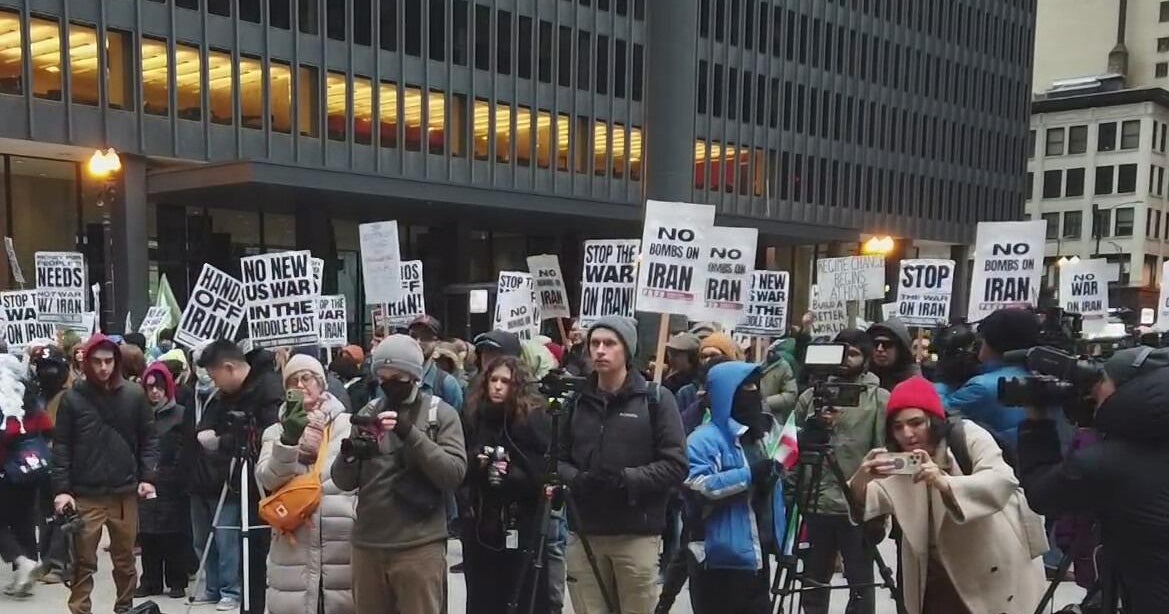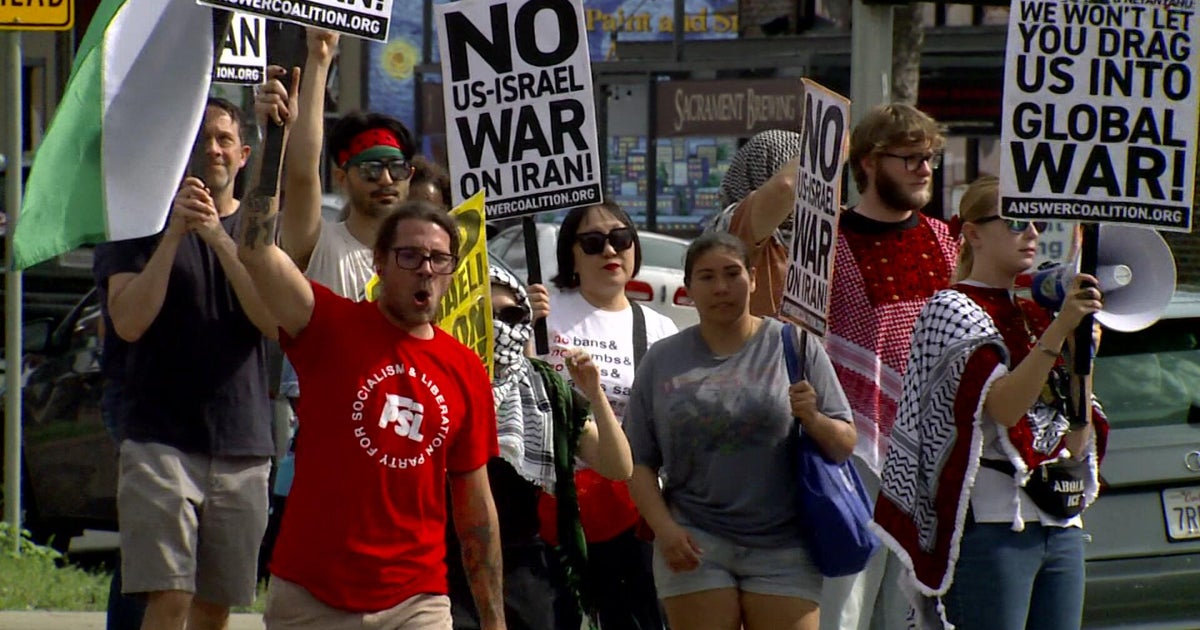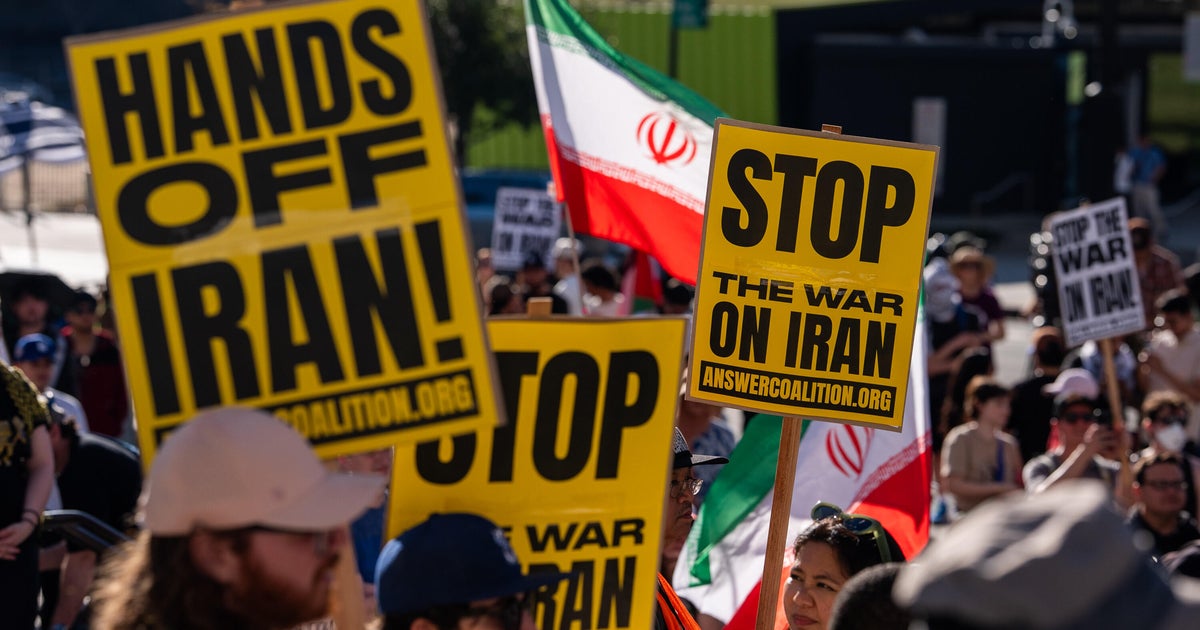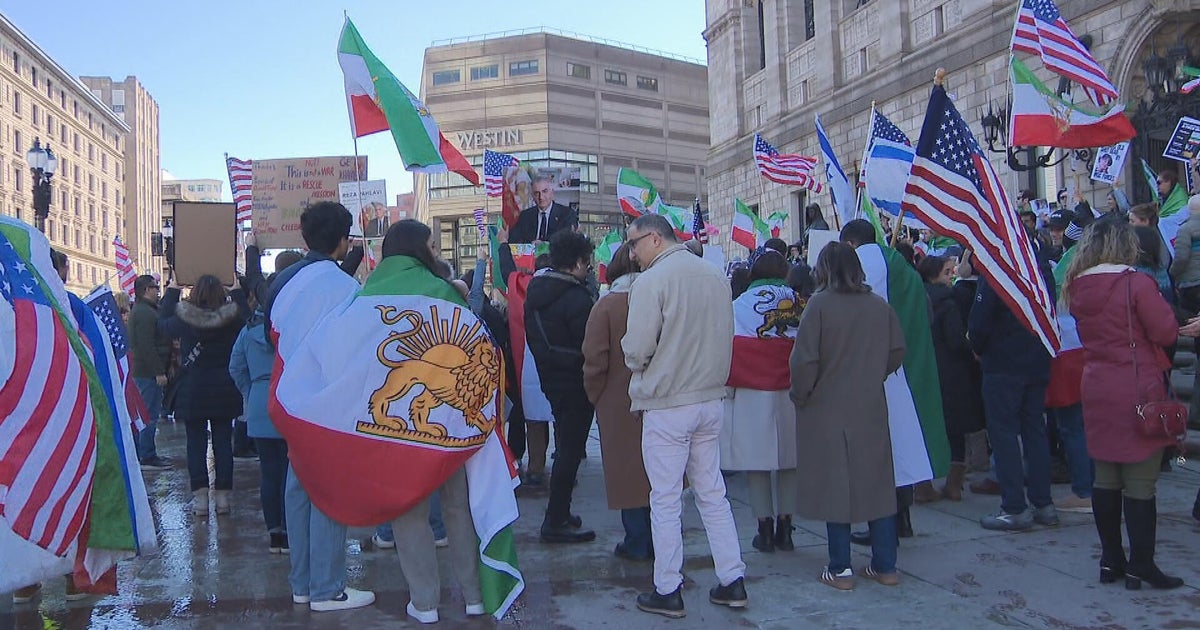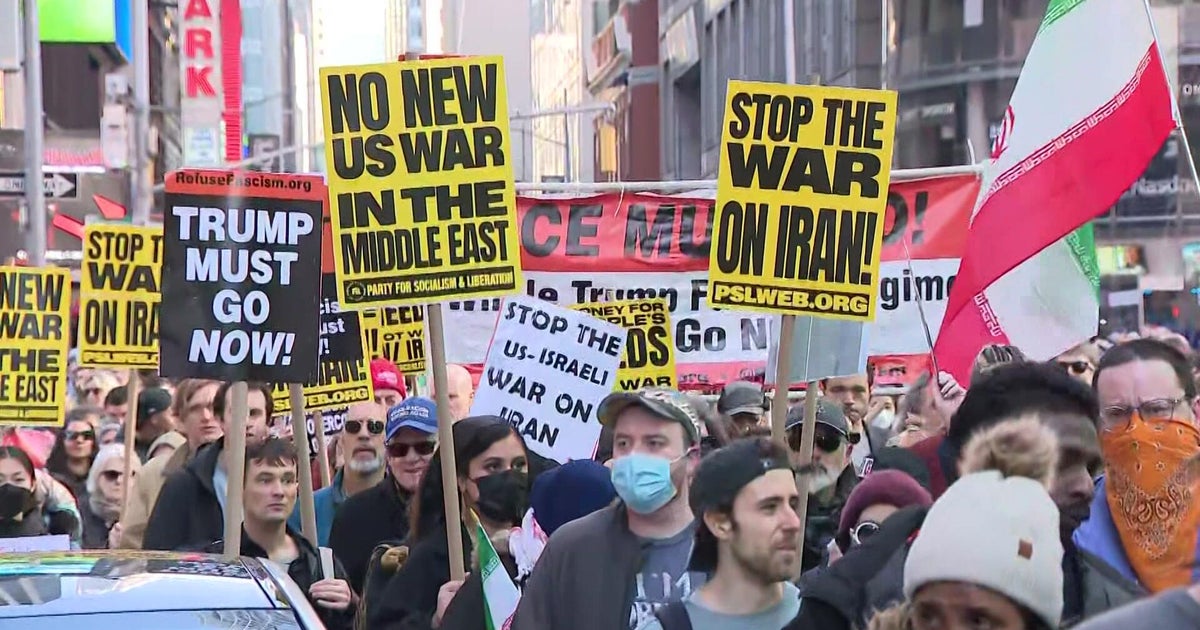125th Anniversary Approaching For Haymarket Riot
CHICAGO (CBS/WBBM) -- This weekend, Chicagoans will observe the 125th anniversary of the notorious Haymarket Affair, and commemorations are planned.
LISTEN: Newsradio 780's Bernie Tafoya reports
Podcast
On May 1, 1886, crowds of people had traveled to various workplaces urging a strike in favor of an eight-hour day – some everyday union laborers, others anarchist political activists. The rally picked up more and more participants as it picked up participants on May 3 and 4.
They clashed with police several times, and on May 3 at the McCormick Reaper Plant, two demonstrators were shot and killed by police who allegedly fired into the crowd.
The following day, a crowd gathered at Haymarket Square, at Des Plaines and Randolph streets. The gathering was initially peaceful, but as the crowd dwindled, someone threw a bomb at the police officers who had gathered at the scene, leaving eight officers dead and 60 injured. Police opened fire afterward, and chaos erupted.
It was never learned exactly who threw the bomb, but outrage erupted across the city and the nation. Newspapers editorialized about an anarchist conspiracy theory, and police took hundreds of people into custody. Thirty-one people were indicted, and eight stood trial – George Engel, Samuel Fielden, Adolph Fischer, Louis Lingg, Oscar Neebe, Albert Parsons, Michael Schwab and August Spies. All were anarchist labor activists.
The trial was widely criticized for being conducted without any evidence that the defendants were involved in the bomb throwing or in planning it, or even that there was any conspiracy among anarchists to attack police.
Nonetheless, all eight defendants were convicted, and seven were sentenced to death. Engel, Fischer, Parsons and Spies were all executed at Cook County Jail, while Lingg committed suicide. The others were imprisoned, until Gov. John Peter Altgeld pardoned them in 1893.
"The struggle at Haymarket was really the right to fight for the eight-hour day, the right to organize, the right to collective bargaining, the right to free speech, the right to peaceably assemble, and this went against the corporate interests of the day," said Larry Spivak, president of the Illinois Labor History Society.
Spivak says labor is engaged in a similar struggle today, as Wisconsin Gov. Scott Walker has succeeded in passing a law that strips unionized state employees of almost all their collective bargaining rights. The Wisconsin law is now being challenged in court, but similar laws were also approved in Indiana, Ohio and elsewhere.
The Haymarket riots themselves also remain an issue that many feel strongly about. May 4, 1886, remains the most devastating day in the history of the Chicago Police Department, and is commemorated with a statue that was rededicated and placed back on public view last year. It can now be seen at Chicago Police Headquarters, 3510 S. Michigan Ave.
The statue itself has been a subject of hostile acts several times. When it stood in the old Haymarket Square was destroyed in 1969 by a bomb blast for which the radical Weather Underground group claimed responsibility, and after being rebuilt and rededicated the following year, the group blew it up a second time.
The statue was later moved to the old Central Police Headquarters at 11th and State streets, then to the private courtyard of the Police Training Academy, before finally being relocated to the present-day police Headquarters.
Meanwhile, generations of activists after the Haymarket Affair decried the trial of those charged with the bombing is considered a miscarriage, and called those who were executed martyrs. Thus, the Haymarket Affair became the inspiration for the adoption of May 1 as a holiday commemorating laborers worldwide, which it has been since 1889.
For a list of events surrounding the Haymarket Affair, click here.
